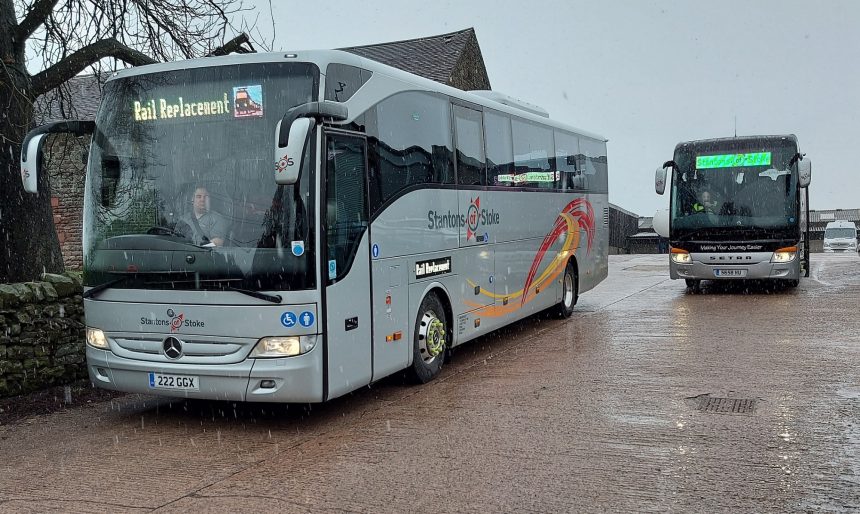A challenge for many of us working in transport is keeping track of legislation.
For example, deregulation and the subsequent opportunities for reregulation of the bus network has introduced new Acts of Parliament and repealed many aspects of earlier Acts, making it, at times, quite difficult for the layperson (and, I suspect, the professional) to follow.
Therefore, increasingly within the coach industry, I believe we are faced with the issue of unintended consequences. Changes to Acts and regulations are having an impact on certain operations that I suspect they were not really meant to; at the time these pieces of legislation were being drafted, those services were not directly considered.
Take the Bus Open Data Service (BODS) for example. I completely understand why having detailed information about the operation and performance of bus services is important, and the benefit it brings to the customer and stakeholders.
However, its application to certain categories of home-to-school (H2S) transport that are not available to the public, and only need to be registered if certain criteria apply, is not something I believe was actively thought about or understood at the time the regulation for BODS implementation was drafted.
In fact, it is clear now that registration for H2S routes is quite inconsistent depending on the type of service that is being provided, who is responsible for providing the service (especially if it is a third party that is not the school or the coach operator), and how the fares are charged and collected.
Coach operators are taking different approaches. Some are accepting that it is something they need to do, even if they disagree with it and are getting on with the job. A few others are ‘burying’ it and hope it goes away (not a good idea), and there are some that are now deciding it is time to quit those school contracts that need to be registered and do something else with their vehicles. An unintended consequence with these regulations could lead to some schools being unable to cover all their H2S requirements in the future.
Another recent example are the PSV (Accessible Information) Regulations 2023, which although excluded from ‘closed door’ H2S routes, are required for rail replacement (RR) services. For many coach operators that only operate RR services on occasion, they now have to purchase relatively expensive equipment, learn how to programme it, and spend time before a job putting in all the various combinations of journeys that might be required (especially if it is a complex RR operation with many variations).
Sadly, again, one of the unintended consequences of this will be that some operators will cease to provide coaches for these events. I am already aware of train operating companies that are unable to provide RR services on occasions as there are no coach or bus operators available to cover the work.
I have more sympathy with this example, as I can see the benefit to customers who use rail replacement services, having the confidence of knowing they are on the right route and getting off at the right stop, especially on a dark winter evening or in an unfamiliar area. But I don’t think that the practical implications for the smaller coach operators have been thought through.
As ever, UKCOA (and I am sure other trade bodies) will continue to engage with DfT and others to find a solution that works for all.



























